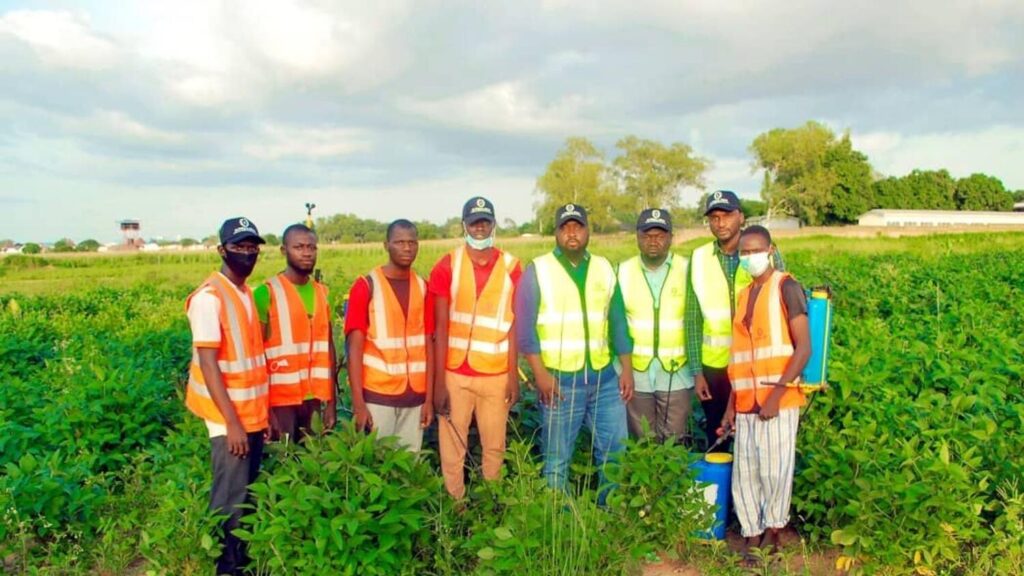Read in
Inspired by the UAE’s technological advancement, a student at Dubai University has transformed his undergraduate engineering project into a thriving sustainable agriculture venture in Nigeria, aimed at tackling the problem of insufficient food supply in his home country.
Now an MBA student at the Canadian University Dubai (CUD), Farouk Dalhatu is introducing local farmers to technologies that promote agricultural best practices back home.
In anticipation of a series of upcoming enterprise and technology competitions, Farouk and his team started to build on this idea for a technology-driven solution to help eradicate the problem of low food supply and boost agricultural production and efficiency in the West African nation.
“The UAE is one of the places that has the best adoption of new technology and novel approaches. We have seen the UAE being the first to adopt technology in government, logistics, and other pivotal sectors as well. For us in Africa, a lot of times we lag in the way we accept new technology. Therefore, this country has been the inspiration for me to do this,” said the Nigerian expat.
Empowering farmers for a sustainable shift away from traditional agriculture
Shedding light on his initiative, Farouk explained his goal was to educate farmers and show that they don’t have to work with conventional agricultural systems.
His company soon established itself in the marketplace with three core services, offering a comprehensive range of facilities and technologies aimed at advancing farming practices, increasing productivity, and promoting sustainable agriculture.
“First, we provide farming advisory services, which educate farmers on best practices around integrated farming, organic farming, and precision farming. Second, we supply hardware technology, including surveillance cameras and sensors, which monitor important metrics such as temperature, humidity, and soil salinity. Third, we provide organic fertilizer, which is more sustainable and cost-effective, and delivers a greater crop yield, which can also allow locally grown produce to be certified as organically produced products,” said the student-entrepreneur, who travels back home frequently for this enterprise.
Talks and seminars to educate local farmers
In addition, Farouk, along with his team hosts seminars, gives talks, works with private farm owners, and has even developed the prototype of an app that a few customers are using already.
“One of the major issues with integrated farming is the lack of a proper knowledge base. A lot of farmers don’t have enough knowledge to run an integrated firm. That is where our app comes into play.”
He explains the app combines software and hardware for farm management.
“This application called the Al Zira’a Tech app will be launched in November. It allows farmers to remotely assign tasks, monitor the farm activity and acquire best farm practice advice, from wherever they are. It also comes with some hardware, which has surveillance cameras and monitoring sensors. All these feed information into the app for the farmer to remotely manage the farm,” said Farouk.



